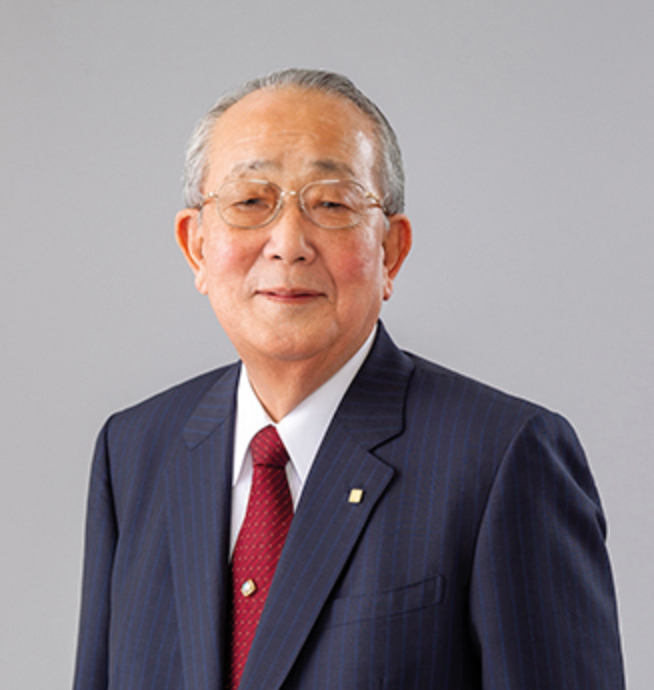Indeed, as long ago as 2008 the company laid claim to making the world’s fastest inkjet printhead.
Over the years its heads have been used by a host of other manufacturers, including Domino, Koenig & Bauer, Miyakoshi, Canon, Xerox and more.
The firm’s printhead know-how dates back to the 1950s and the roots of Kyocera’s expertise in high-tech ceramic components. It makes its own piezo actuators, which it believes gives it a key advantage.
Significant changes that have taken place at Kyocera over the past 12 months mean that the printing industry should get used to paying attention to the firm in its own right.
A year ago, the manufacturer launched its first production inkjet press, the cut-sheet TASKalfa Pro 15000c.
This 600dpi colour device can reach speeds up to 150ppm, and is designed for the production of up to one million A4 prints per month.
It handles paper sizes from A6 to SRA3, stock weights from 56gsm to 360gsm and uses water-based pigment ink. It can also handle window envelopes.
A month after the 15000c launch Kyocera also added two high-end models to its existing range of toner-based office printers. The TASKalfa 7535ci can print at speeds of 73ppm black and white and 65ppm colour, while the 8535ci prints at 83ppm black and white and 70ppm colour with both reaching print resolutions of 1,200dpi.
EFI Fiery frontends drive the high-end printers.
A glowing report from the first UK user of the TASKalfa Pro 15000c inkjet device is likely to have made the more established production print specialists sit up and take notice.
Basingstoke-based Document Despatch installed its Pro 15000c at the beginning of the year. It bought the device – its first production inkjet machine – via dealer Altodigital.
Document Despatch managing director Leigh Foster was full of praise for the price/performance delivered by the press, which he said was a third of the price of some of the alternatives the firm had looked at.
Next came a supremely serendipitous happening for Kyocera in the UK.
With its sights set on growing its presence and standing in production print, the business was handed something of a coup when it was able to snap up seasoned digital print pro Chris Matthews, whose role at Heidelberg had been made redundant as part of the large-scale restructure at the German manufacturer’s UK operation that took place over the summer.
Matthews took up his new role of production print manager at Kyocera Document Solutions UK at the beginning of October. Industry watchers believe that his industry knowledge and credibility among customers will open lots of doors for the firm.
The appointment is definitely seen as evidence of Kyocera’s ambitions in production print. Now we just have to see what Kyocera does next.
Kazuo Inamori
 Kyocera founder Kazuo Inamori was born in 1932. In 1959 he established the Kyoto Ceramic Co, now Kyocera Corporation.
Kyocera founder Kazuo Inamori was born in 1932. In 1959 he established the Kyoto Ceramic Co, now Kyocera Corporation.
Inamori is renowned for his business philosophy and philanthropy. He created the Kyoto Prize, an annual international award that recognises “individuals and groups worldwide who have made outstanding contributions to the betterment of the global community and humankind”.
He came up with a series of guiding principles for work and life, which comprise the management philosophy that has guided Kyocera’s progress to this day, and which are enshrined in a book and in the works of the Kazuo Inamori Foundation. “While I was managing Kyocera, I encountered many difficulties. Although I often struggled, I was able to surmount all obstacles. The Kyocera Philosophy was born under these circumstances as I constantly deliberated with myself about my life and work,” he explained.
The basis of the Kyocera Philosophy is ‘living in the right way as a human being’. “Through the years, I have continued to encourage employees to follow this philosophy, because I believe it will make each employee happy while also making the company prosperous.”
FACT FILE
Kyocera Corporation
Turnover ¥1,599bn (£11.7bn)
Employees 75,505
R&D spend 5% of revenue
Worldwide companies 268
Products Consumer and business-to-business products including solar power, fine ceramics components, cutting tools, power tools, optical components, automotive components, camera modules, document imaging systems and printheads
Kyocera Document Solutions Includes printers and inkjet systems and accounts for 22.5% of sales











